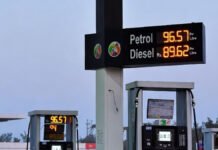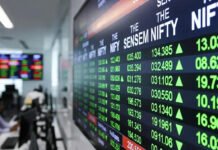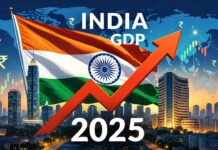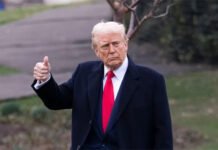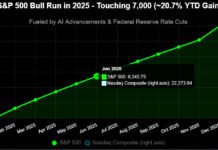Riyadh: Saudi Arabia is recalibrating its $925 billion economic development fund as several flagship mega projects under the Kingdom’s Vision 2030 agenda face delays. The strategic shift reflects Riyadh’s efforts to optimize spending, manage project timelines, and strengthen long-term financial sustainability amid evolving global economic pressures.
The adjustments come as construction and infrastructure timelines for major initiatives — including futuristic cities, industrial zones, and tourism destinations — extend beyond early targets. Officials say the refocused fund will prioritize high-impact, commercially viable, and globally competitive projects, while scaling back or phasing out ventures that pose financial strain.
IMF Raises Saudi Growth Forecast for 2025
In a boost to the Kingdom’s outlook, the International Monetary Fund (IMF) has upgraded Saudi Arabia’s 2025 GDP growth forecast to 4%, citing rising non-oil activity, strong domestic investment, and improved fiscal positioning. The upward revision signals confidence in the Kingdom’s ongoing diversification push even as project spending undergoes adjustments.
Analysts say higher growth expectations reflect progress in logistics, technology, renewable energy, and financial services — areas central to Crown Prince Mohammed bin Salman’s Vision 2030 blueprint.
Mega Project Delays Drive Strategic Reassessment
Saudi Arabia’s ambitious portfolio — valued at nearly a trillion dollars — includes high-profile developments such as NEOM, The Line, Qiddiya, and the Red Sea Project. While many continue to advance, several have encountered construction bottlenecks, cost escalations, and labor constraints, prompting a fund-wide rebalancing.
Officials emphasize that the move is not a retreat from Vision 2030 but a reallocation of resources to ensure long-term viability and better economic returns.
Focus Shifts to Deliverability and Diversification
Economists note that Saudi Arabia’s pivot marks a maturing phase in its transformation strategy. By refining the scope of mega projects, the Kingdom aims to accelerate near-term gains in real estate, logistics, manufacturing, and tourism — sectors expected to drive sustainable growth.
The IMF’s upgraded 2025 forecast underscores the potential payoff: a stronger, more diversified economy less dependent on oil revenues.
Saudi Arabia’s economic recalibration is now being closely watched by global investors as the Kingdom strives to balance ambition with fiscal discipline while pushing ahead with one of the world’s most transformative economic overhauls.


